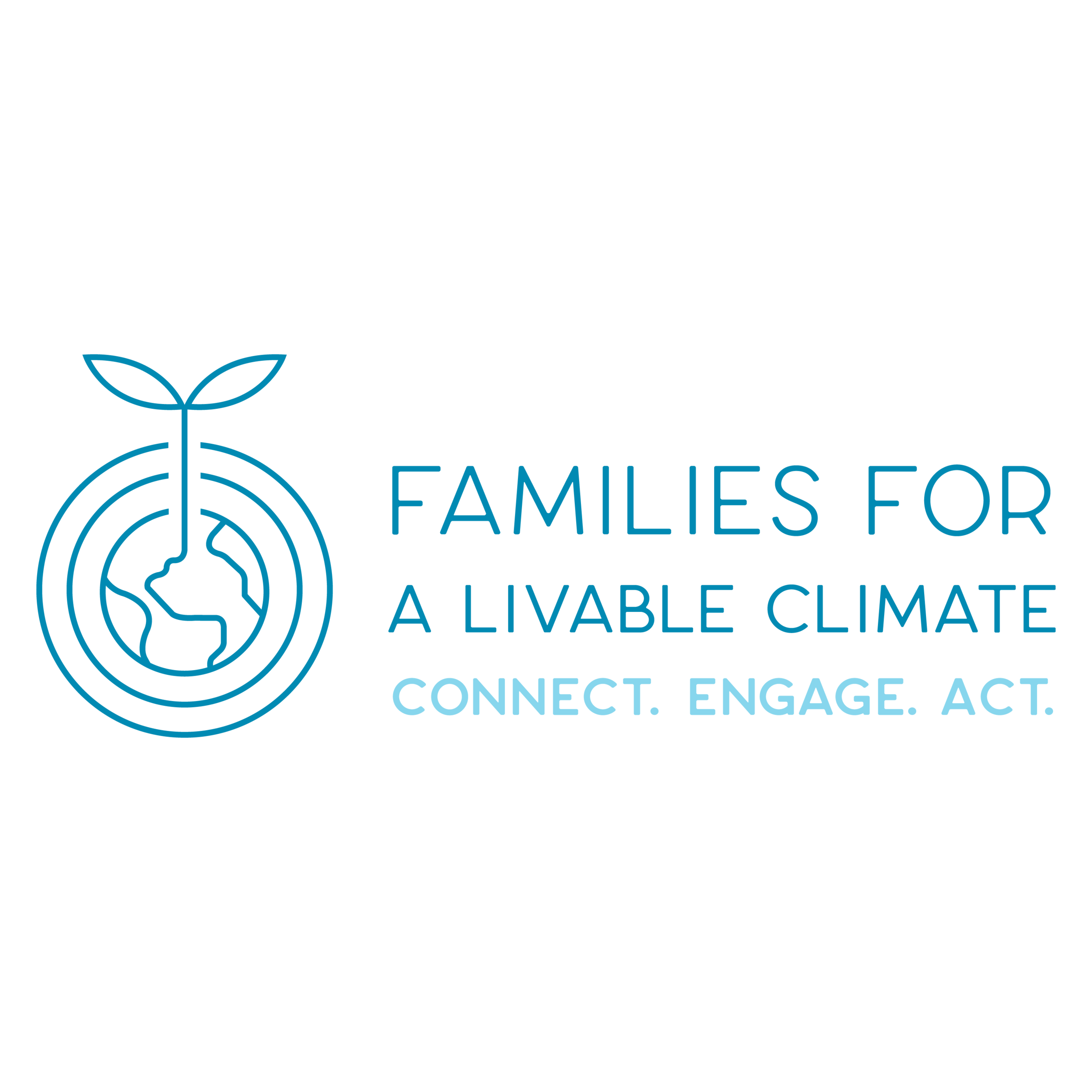Fossil fuels are not family friendly - Part 1
For California families, the easy, cheap power we all expect and rely on, has been withdrawn as their utility provider’s infrastructure, webbed across the state, is, at the moment, nothing more than an intricate fuse embedded in climate-change-dried kindling. As more than 400 fires burn, much of the state is experiencing rolling blackouts meant to prevent more fires. In the last few days, Pacific Gas and Electric (PG&E) admitted the very real possibility of needing to use rolling blackouts during fire season for the next 10 years, and new fires in the Bay Area stoked fears that parts of the state may become uninhabitable because of persistent wildfire risk.
Many families have been evacuated from their homes—unable to work or go to school, waiting out a fire event that seems like it will never end, losing homes and small businesses. Some families have even been forced to move from place to place as new fires erupt, or existing fires expand in the whipping winds. One example from a stark story in the San Francisco Chronicle:
Mother and daughter Becky and Joan said they left their home on the westside of Santa Rosa Saturday morning and headed to the Finley Community Center, only to be evacuated from there just 90 minutes later. With other shelters already full, they went to what they thought was an open site, but it was locked.
“We were trying to navigate the streets with no traffic lights,” said Becky, who, with her mother, declined to give their last names, fearing their personal information could be abused. “We ended up in a parking lot in the dark in our car.”
With fires exploding across California due to conditions exacerbated by climate change, the spectre of new fossil-fuel development in Montana lurks.
Let’s start with the Keystone XL pipeline.
The Keystone XL pipeline—opposed successfully for 10 years by indefatigable citizens and communities across multiple states—may receive permits to route through Montana after the State Department collects comments on its Supplemental Environmental Impact Statement (SEIS) for the project. And, though the permits aren’t finalized, it seems construction has already begun in some places in eastern Montana, emboldened perhaps by the support of officials such as Attorney General Tim Fox? As reported October 8 in the Missoula Current,“Attorney General Tim Fox petitioned U.S. District Court in Great Falls [in early October] to intervene in a lawsuit that seeks to stop the Keystone XL pipeline...In a written statement, Fox – who is running for the Republican nomination for governor – said the pipeline, ‘will bring jobs and economic development to Montana.’”
Fox is obviously not factoring in the costs to Montana families if humanity as a whole fails to address the climate crisis. According to a consensus of world scientists, in order to have a 50% chance of avoiding catastrophe, and an unlivable future for our children, humanity must phase out the use of fossil fuels by nearly 50% by 2030 and 100% by 2050. (And, some experts call for achieving net-zero by 2035.) Given the huge effort that’s needed from everyone to avoid the worst impacts of climate change, it is more than fair for all Montana families to ask: “Jobs and economic development at what cost? What will be the cost to Montana families (and their jobs and economic and physical security) over the next few decades--when our young children grow into early adulthood and need a safe place to live, breathable air, and state industries not beleaguered by environmental breakdown?”
For concerned community members who would like to speak up, the State Department is offering ONE opportunity for public comment on the Keystone XL SEIS (in the entire country) this Tuesday, October 29, from 4:30-7:30 p.m in Billings.The set-up for comments is strict in order to prevent disruption, but Northern Plains Resource Council has planned a rally beforehand to demonstrate many Montanans’ strong opposition to the project, not only because of its climate impacts, but the threat it poses to important waterways (it would cross 194 water bodies and 27 wetlands in Montana)and our land. Northern Plains summarize the issue’s urgency on their website:
For over a decade, farmers, ranchers, indigenous communities, and everyday folks have banded together to prevent the Keystone XL pipelinefrom threatening our water, land, and climate. And, for over a decade, we have been WINNING!
However, the fight to protect our communities from this dangerous, Canadian-owned, tar sands pipeline continues. We are at a critical junctureonce again as the State Department has just issued a new Supplemental Environmental Impact Statement (SEIS). This SEIS could be used to justify permits from the Bureau of Land Management and the Army Corps of Engineers as they seek to push this unsafe project forward.
DETAILS — KEYSTONE XL RALLY — TUESDAY, OCTOBER 29
LOCATION AND TIMES
Billings Hotel & Convention Center
1223 Mullowney Ln
Billings, MT 59101
RALLY: 4 to 4:30 PM outside the Convention Center.
PUBLIC COMMENT: The State Department will be inside the building accepting public comment from 4:30 to 7:30 PM.
More information, including carpool options, here: https://www.facebook.com/events/755345438244988
DETAILS — ONLINE COMMENTS
Concerned community members who would like to comment but are unable to attend the rally and hearing tomorrow, may comment online. Check out Northern Plains’ specific concerns with the SEIS and how to comment on their website: https://northernplains.org/kxl-comments-nov-2019/.
This project would bring some money and jobs to Montana. But, at what cost?
Montanans can’t afford potential oil spills in our water and on our land. We can’t afford a future where we continue to spew global warming emissions into our atmosphere. We need leaders who have a vision for livable, thriving future for all Montanans.
Speak out for your future, your family’s future, and the future of all families.

